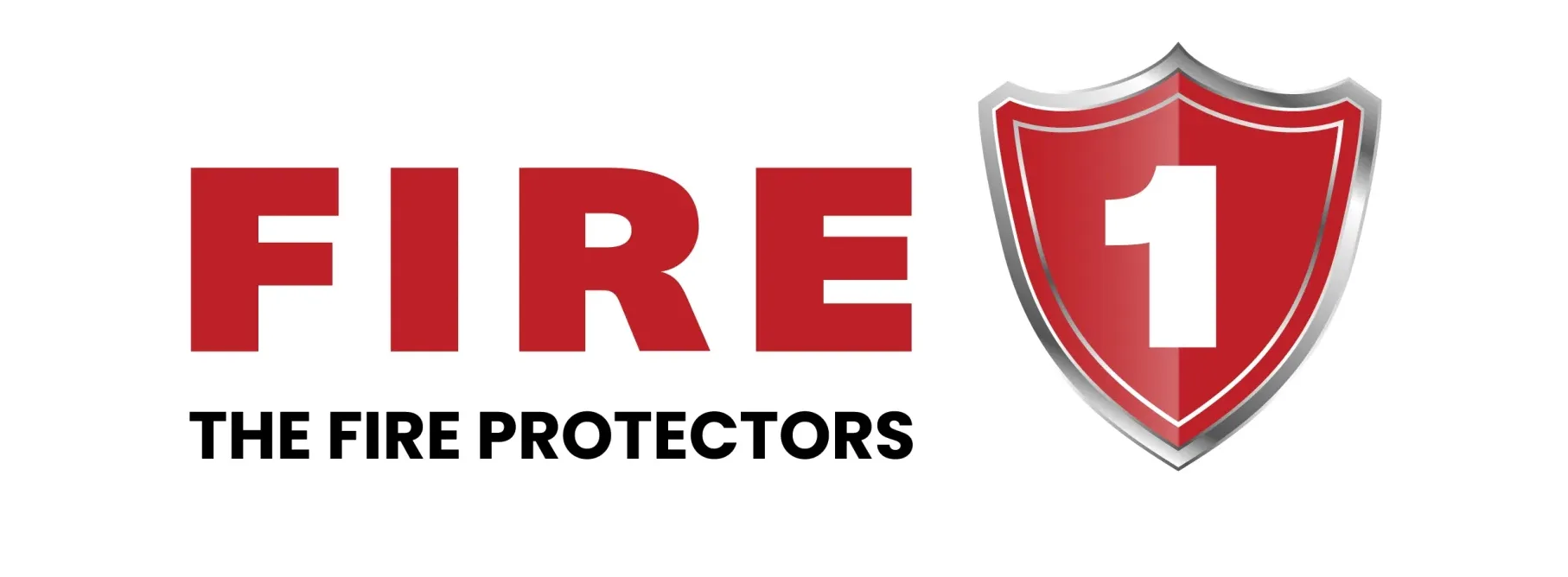24/7 Emergency Support
Providing 24/7 emergency support for fire protection systems is a critical aspect of ensuring the safety and operational integrity of buildings and facilities. With a decade of experience in the UAE, Fire 1 is dedicated to delivering immediate and effective assistance to address any fire protection issues that may arise in India. Here’s a detailed outline of the emergency support services offered by Fire 1.
1. Commitment to Immediate Response
- Rapid Deployment
- Dedicated Emergency Team: Establish a specialized team trained to respond to emergencies involving fire protection systems.
- 24/7 Availability: Ensure that support is available around the clock, 365 days a year, to respond to urgent calls.
2. Emergency Contact Center
- Centralized Helpline
- Emergency Call Out Number: Provide a dedicated emergency helpline number for quick access to support.
- Multilingual Support: Employ staff who can communicate in multiple languages to assist clients from diverse backgrounds.
3. Incident Assessment
- Comprehensive Evaluation
- Initial Response Protocol: Upon receiving an emergency call, quickly assess the situation based on the client's description.
- Remote Diagnosis: If applicable, utilize remote monitoring tools to assess system status and determine the severity of the issue.
4. On-Site Support
- Timely Dispatch
- Mobile Response Units: Equip response vehicles with necessary tools and equipment to handle various fire protection emergencies.
- Local Technicians: Deploy local technicians who are familiar with regional regulations, equipment, and systems installed.
- Emergency Repairs
- Quick Troubleshooting: Utilize checklists and troubleshooting protocols to quickly identify and address issues with fire alarms, sprinklers, and other systems.
- Parts Replacement: Maintain an inventory of critical spare parts to facilitate immediate replacement and repairs during emergencies.
5. Preventive Measures
- System Checks and Maintenance
- Scheduled Maintenance: Encourage regular maintenance checks to minimize the risk of system failures, thus reducing emergency incidents.
- Annual Drills: Offer training and simulated emergency drills for staff to better prepare for actual emergencies.
6. Documentation and Reporting
- Incident Documentation
- Detailed Reports: Maintain records of every incident, including response times, actions taken, and recommendations for preventive measures.
- Client Follow-Up: After resolving an emergency, conduct a follow-up with the client to ensure satisfaction and address any lingering issues.
7. Continuous Training and Improvement
- Staff Training
- Ongoing Training Programs: Regularly train emergency response staff on the latest technologies and best practices in fire protection systems.
- Feedback Loop: Utilize feedback from emergency calls to continuously improve response protocols and service delivery.
8. Communication and Coordination
- Collaboration with Local Authorities
- Fire Department Coordination: Work closely with local fire departments and emergency services to enhance response efficiency and safety protocols.
- Building Management Communication: Maintain open lines of communication with building management to ensure quick updates on any emergency issues with fire protection systems.
9. Client Education
- Awareness Programs
- Informative Workshops: Offer workshops for building occupants on fire safety practices, system operation, and emergency procedures.
- Resource Materials: Provide brochures and digital content outlining fire safety protocols and the importance of maintaining fire protection systems.

With a strong commitment to ensuring fire safety, Fire 1 aims to deliver exceptional 24/7 emergency support for fire protection systems in India. Leveraging lessons learned and practices refined over a decade in the UAE, the company is poised to provide immediate, effective, and professional assistance whenever needed. This proactive approach not only helps to manage emergencies effectively but also fosters a culture of safety through continuous education and preventive measures.
